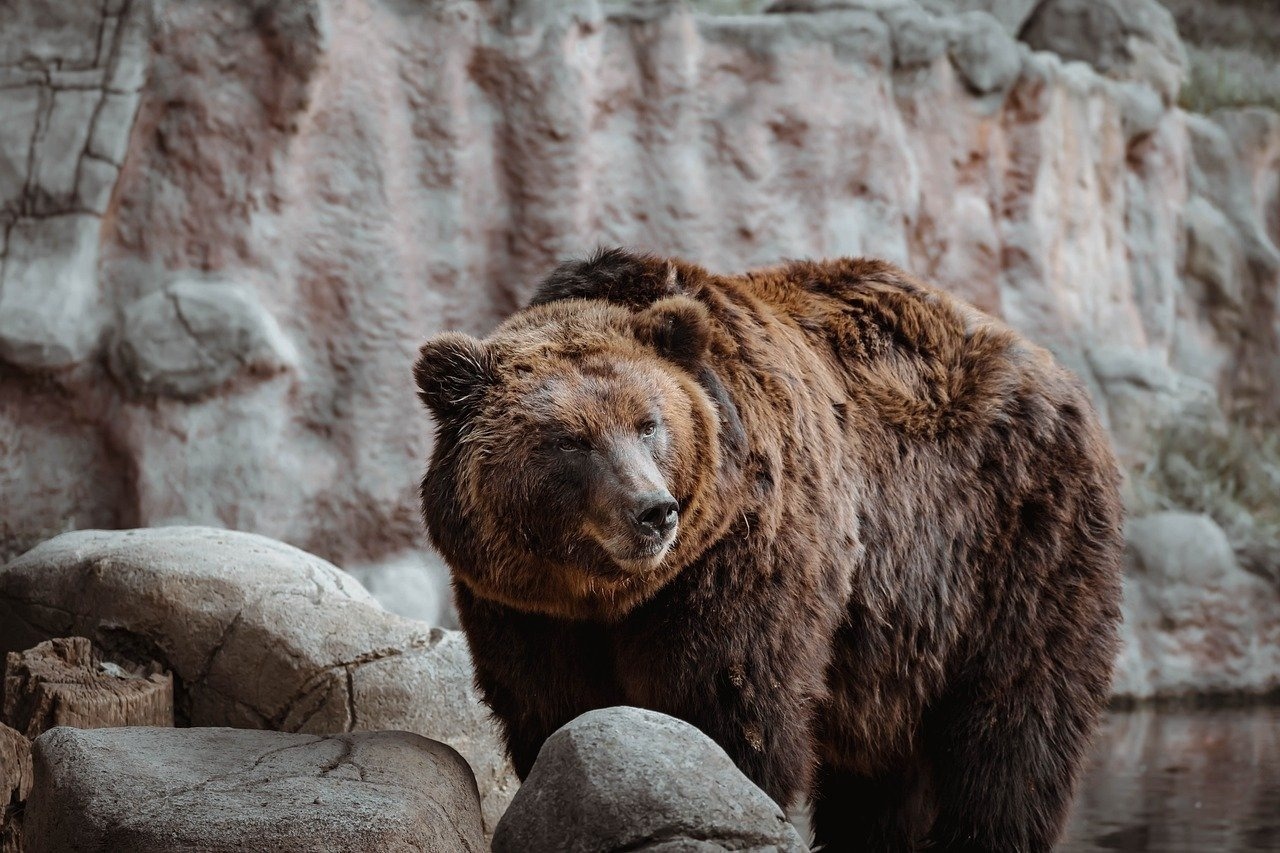Experts: we had better learn to coexist with apex predators again in Hungary

Sightings of apex predators such as bears and wolves are becoming more common in the country. Experts say that although they can cause some problems, it is better to learn to live with them.
Apex predator sightings
According to haszon.hu, the number of large predator sightings in Hungary has increased significantly in recent years. In particular, after many decades, wolves, lynx, and bears have taken over the North Hungarian Mountains, while in other areas, golden jackals are increasingly common.
One of the reasons for their return could be that there was less food in their former territories – maybe because of an increase in their number –, so they looked for new territories, as magyarmezőgazdaság.hu wrote.
As the Faculty of Agriculture of the University of Szeged reported on its website, according to Dr László Patkó, the WWF Large Carnivores Programme Manager, the presence of large carnivores in an area is an important indicator for species-focused studies.
Research and reasons for relocating
If they are present somewhere, as he says, the trophic levels below them are fine in that area. However, if they migrate in search of new territory, then the appropriate food chain develops there, in the new place. National parks, wildlife managers, and NAIK (National Centre for Agricultural Research and Innovation) staff can carry out valid studies.
Samples of hair, faeces, urine or saliva are collected and then subjected to DNA analysis in a laboratory.
Among other things, research has shown that stray dogs are often responsible for economic damage attributed to apex predators, rather than the large carnivores themselves. In addition, as previously described, it seems that where predators appear, the appropriate food chain is established.
Cases of apex predators killing livestock
However, magyarmezőgazdaság.hu reports cases where it is not dogs that are to blame for the deaths of livestock but returning predators. Csaba Szabó, a sheep breeder in Fülöpháza, Bács-Kiskun County, reported such a story. There was a year when 23 of his lambs were lost due to golden jackals.
“So far, the sheep have had a good time out in the pasture, we had time to get them later, we didn’t stress the animals. Now, we have to compete with the golden jackal, and a lamb should not be allowed out of the sheepfold until it is 3-4 months old. In our experience, the jackal is not at all fearful, despite what is said. It watches where you are, chasing the ewe sheep with the lamb hanging out of it. In our area, there are no wild boar piglets, kids or bunnies, everything is hunted by this proliferated predator,”
says the farmer.
Source: haszon.hu, magyarmezőgazdaság.hu



This month in Chatelaine Magazine there are stories of young women who act as guides and researchers in parts of Canada so that they can show people bears in their natural habitat, learn and teach about them and help people understand how important they are to nature. When bears and man collide in a no win way it is almost always man’s actions at fault…leaving food scraps disrespectfully at parks, camp sights, along river or lake shores. Even feeding wild animals purposely, which teaches them that man is not a danger….then a confrontation occurs & it is always the bear who is put down, not the instigator, man. Or going into unfamiliar wild areas without understanding breeding times etc. Even my rooster will attack me at this time of year if I startle him. Otherwise I can hold & pet him & he leans his head in against my cheek. But right now, hens are clucky and he is like Bill Clinton who has a reputation for in the US, Randy-Andy can’t keep his pants up.